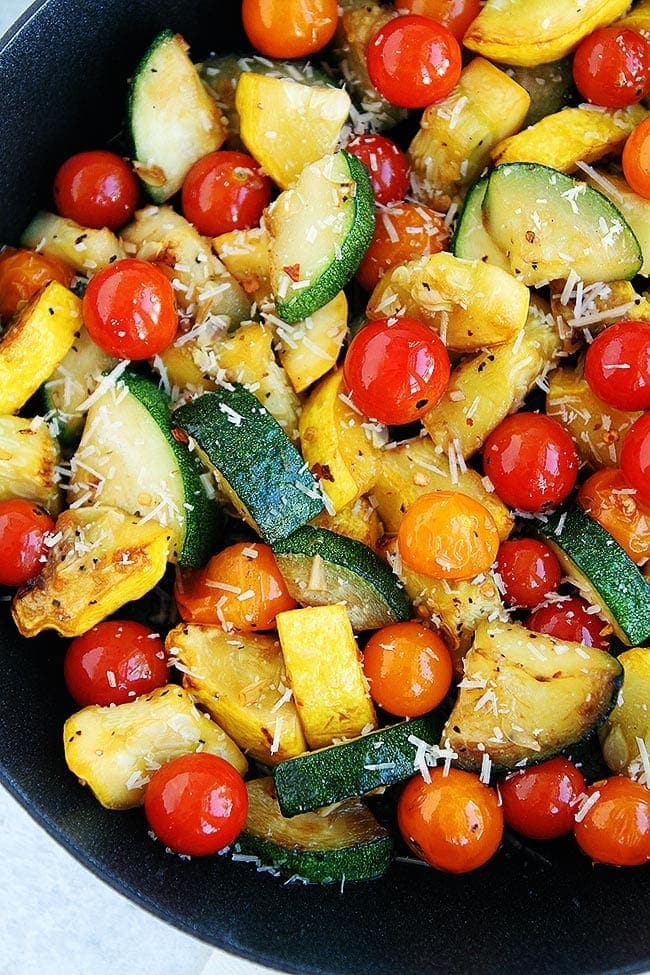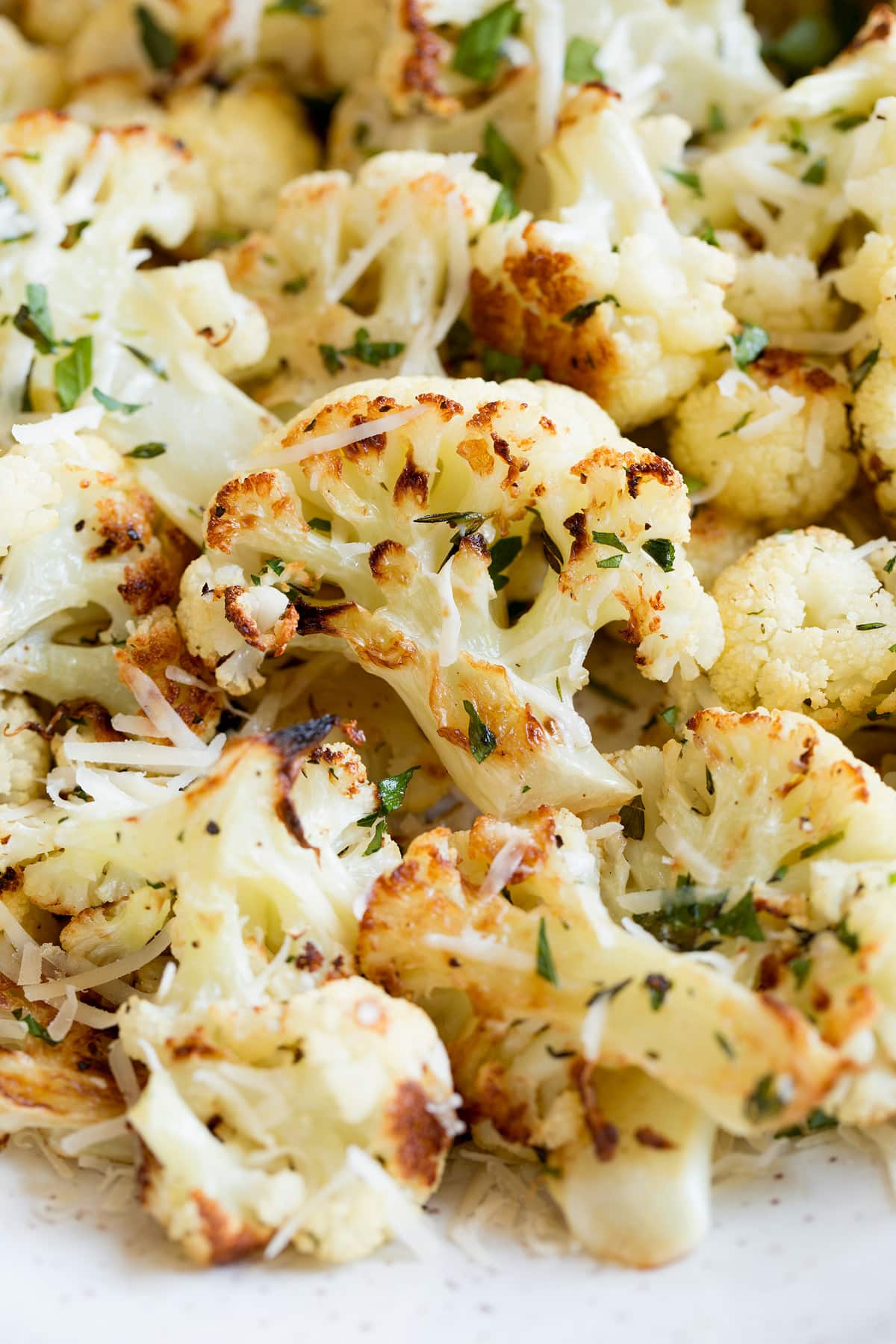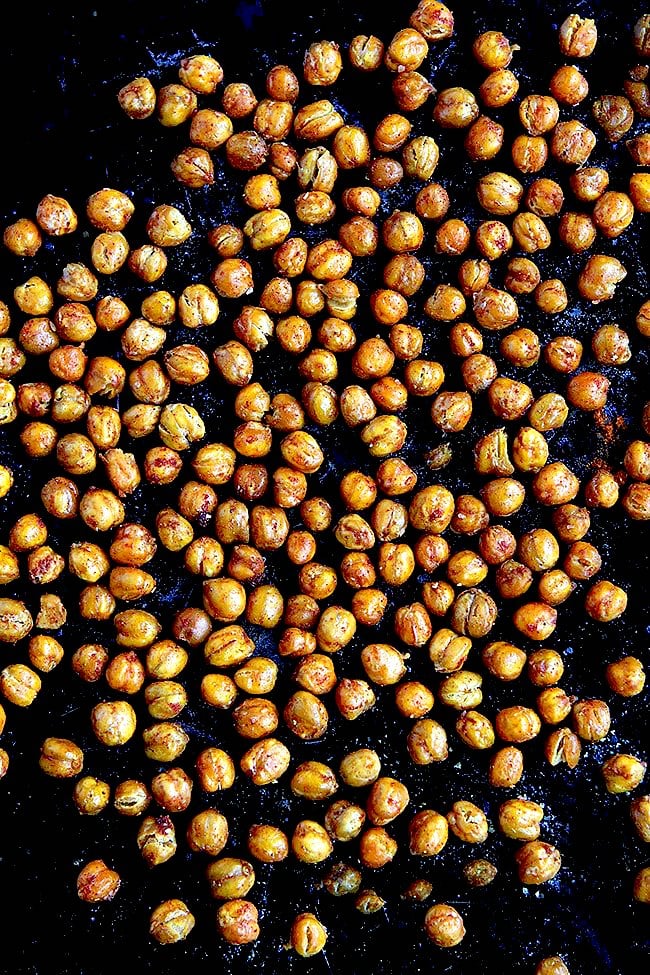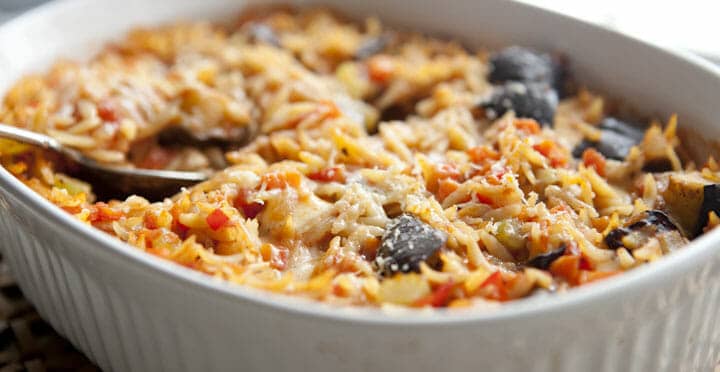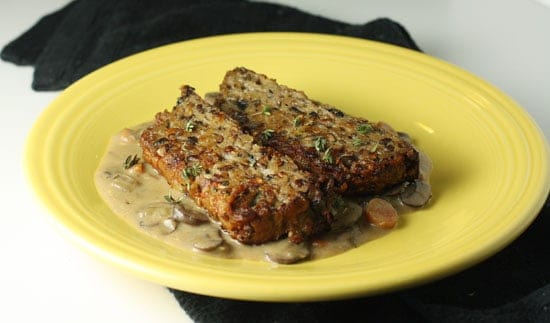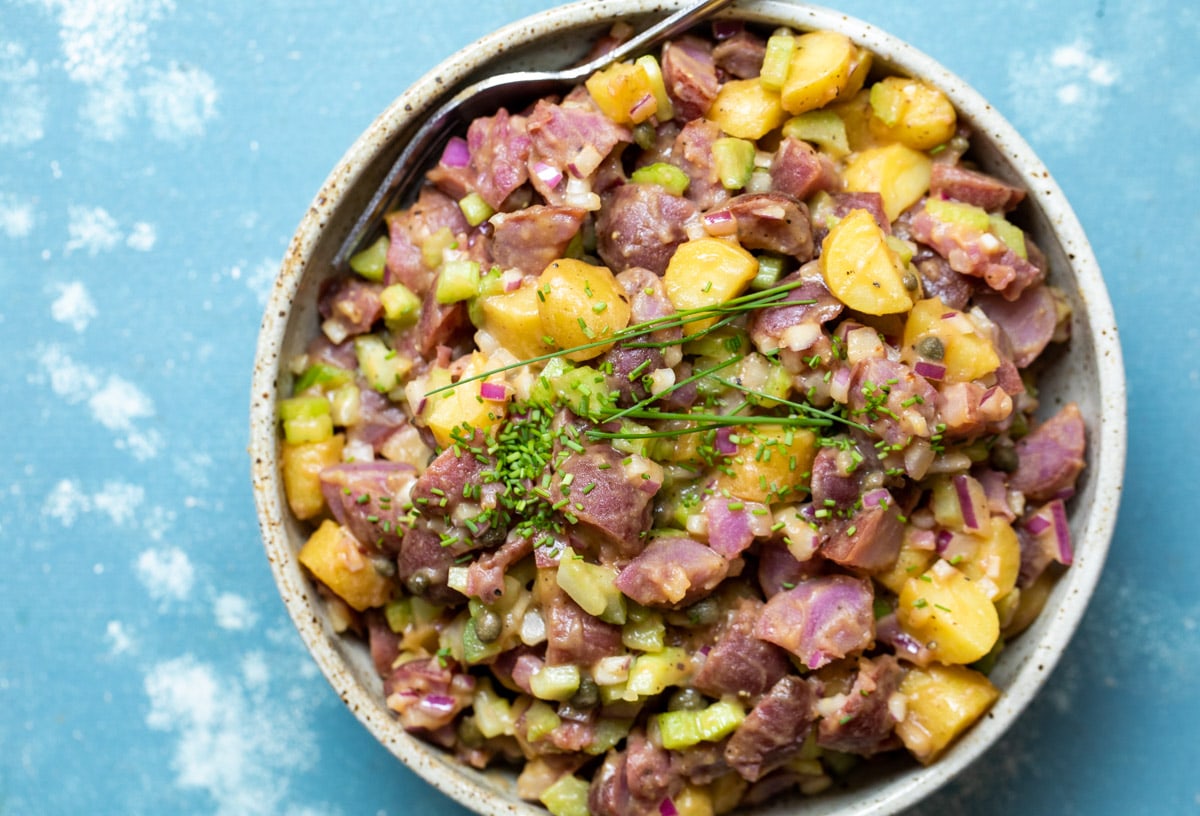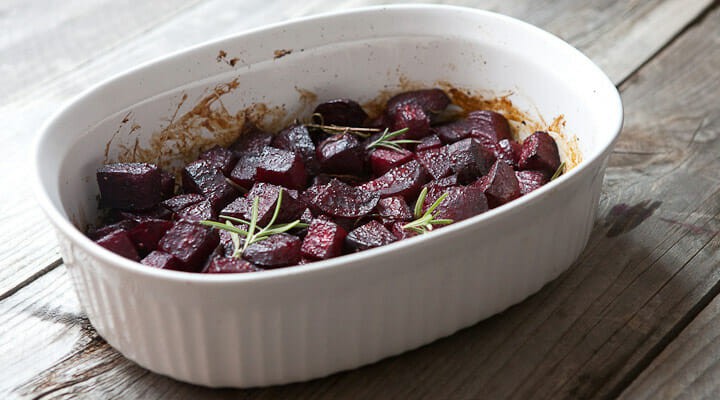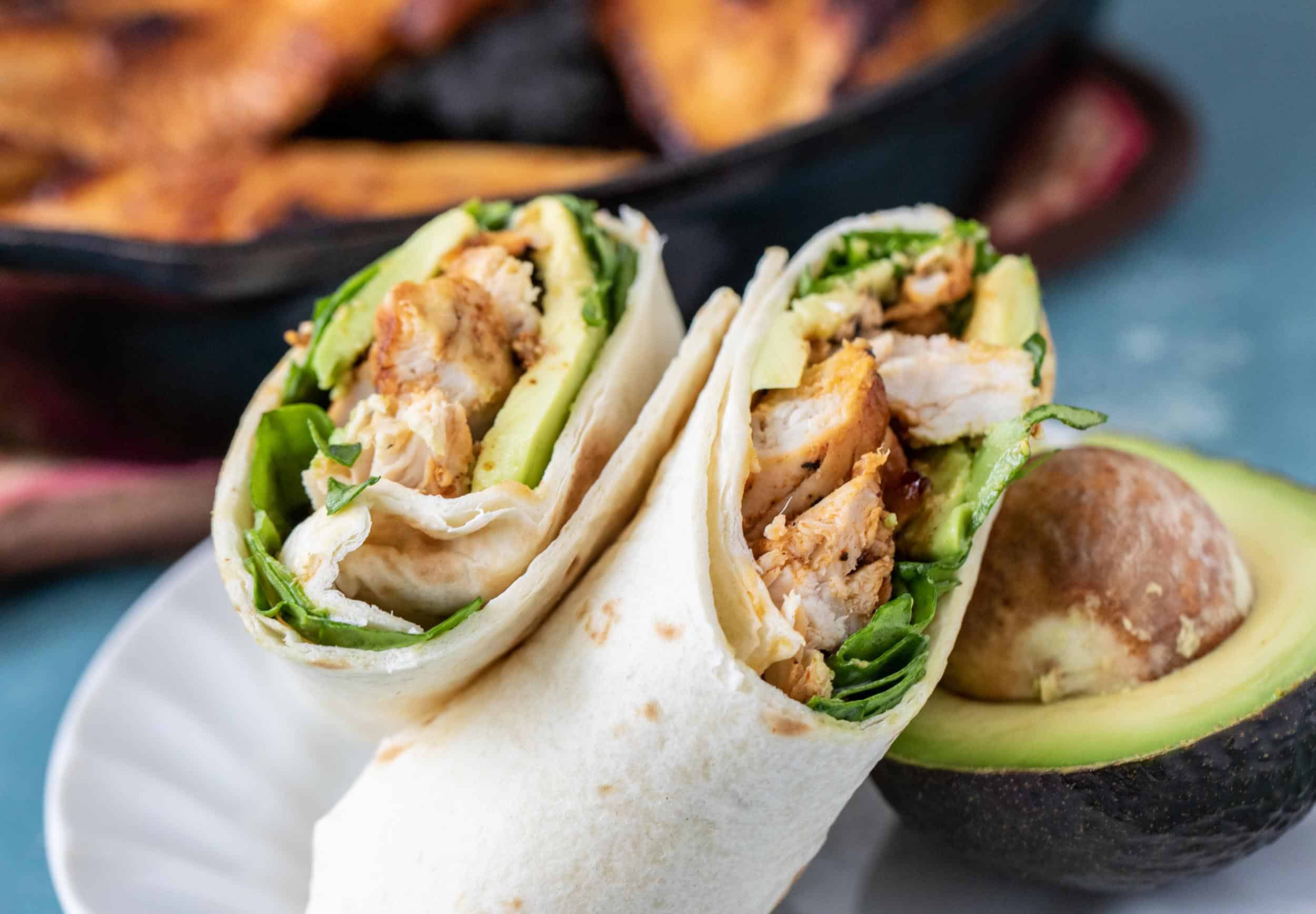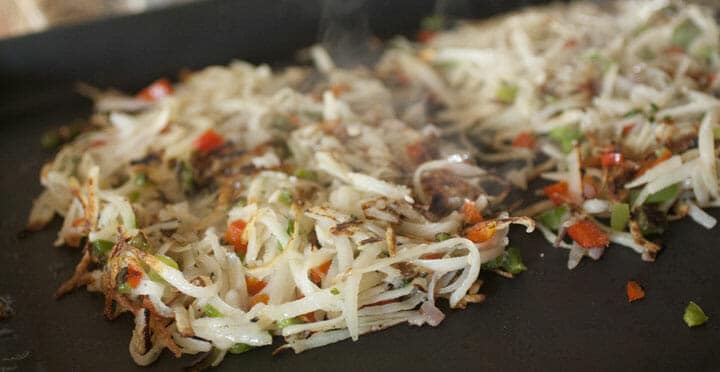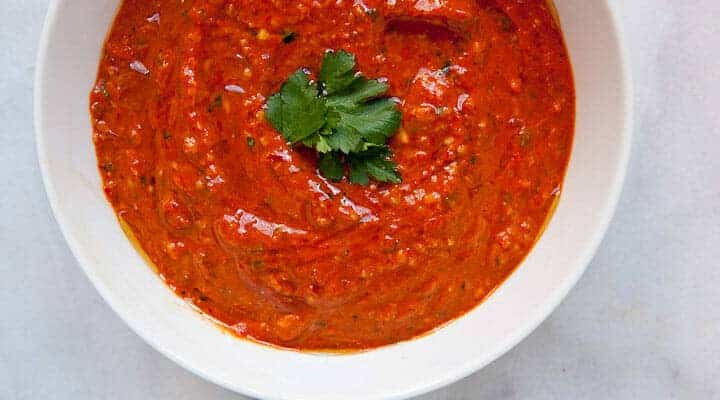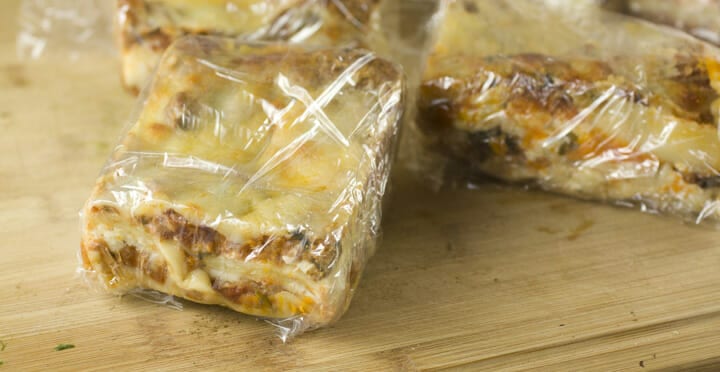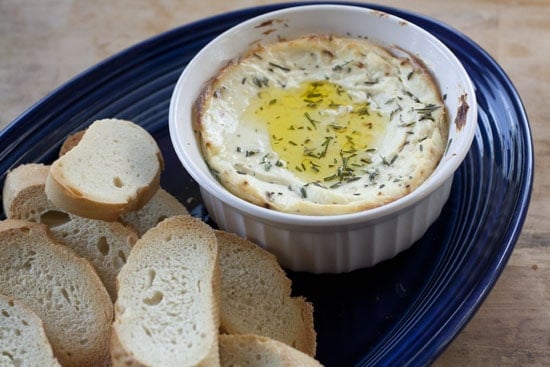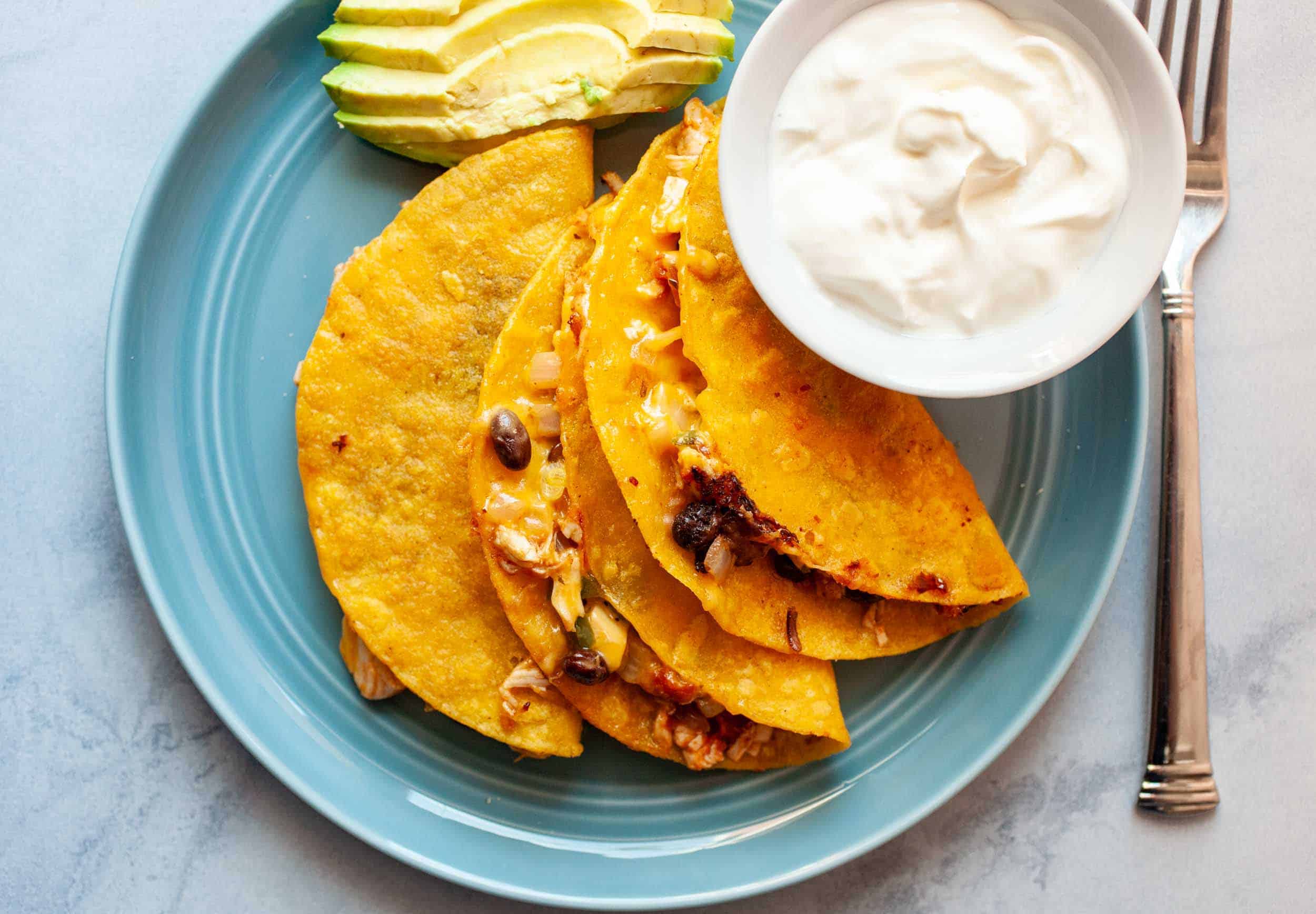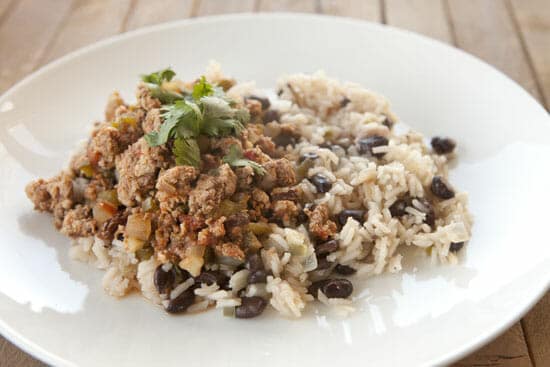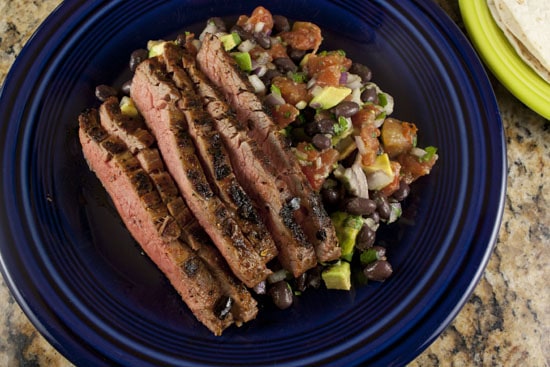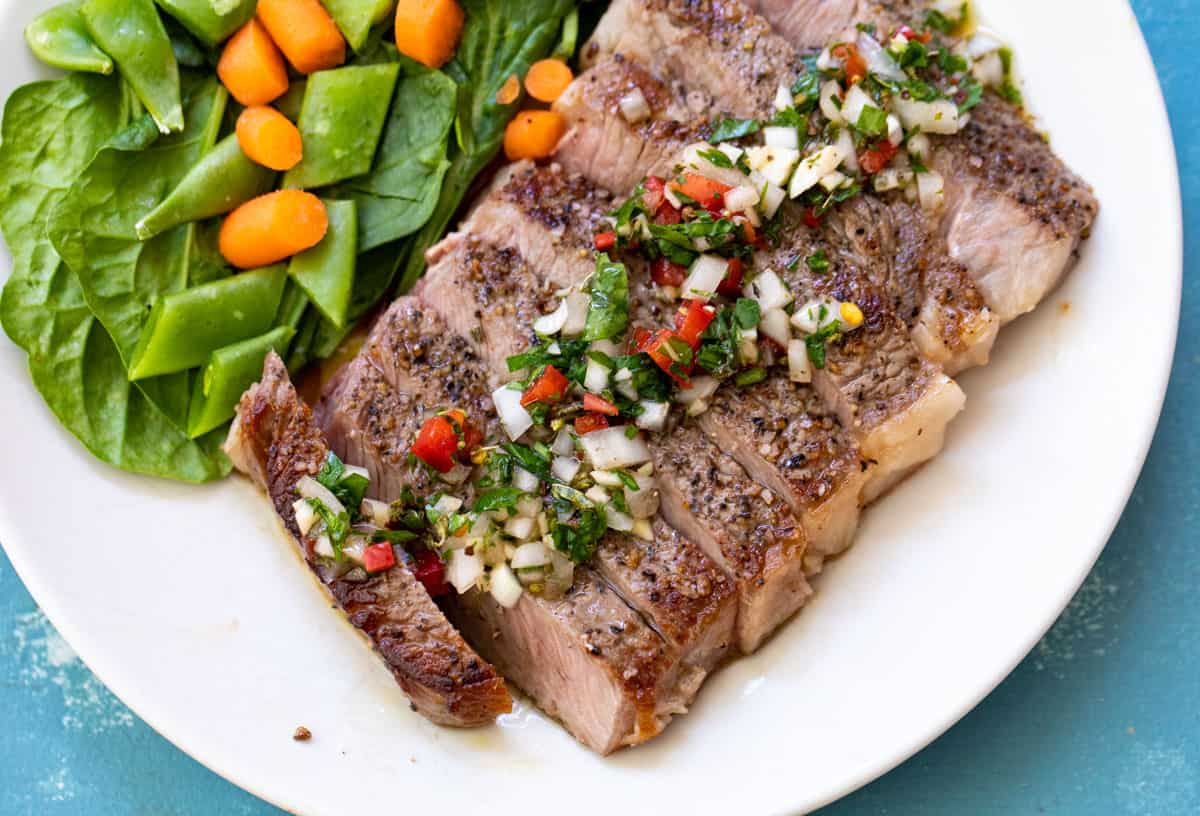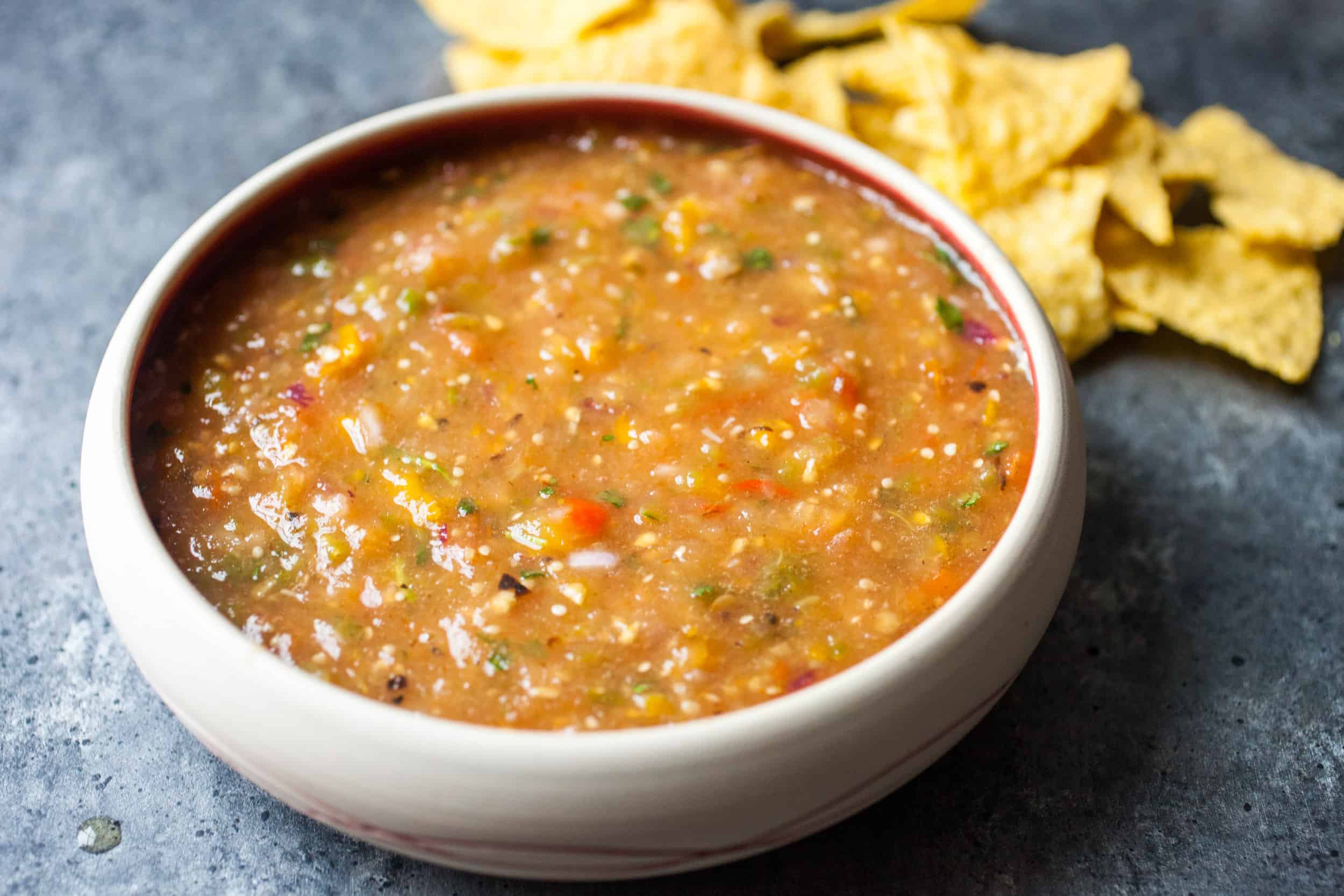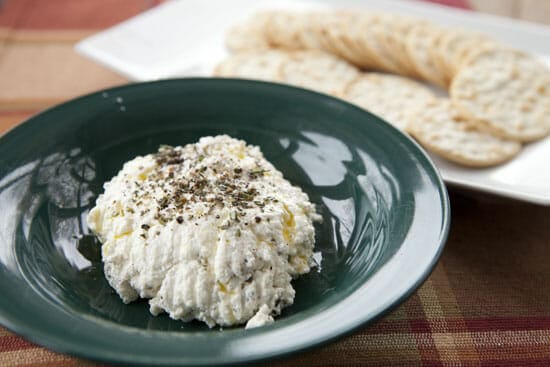Olive Oil: Important Facts, Health Benefits, and Recipes
Olive oil is a cooking oil widely used in Mediterranean cuisine, known for its rich flavor, versatility, and potential health benefits, such as improving heart health.
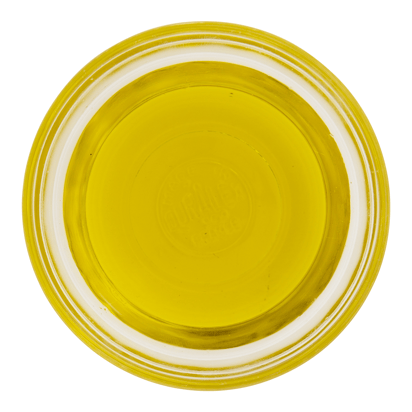
Best Olive Oil Recipes
-
:max_bytes(150000):strip_icc()/Serious_Eats_Social_Default-72cf0bc11b434461b62c6ffc85b4298f.jpg)
-
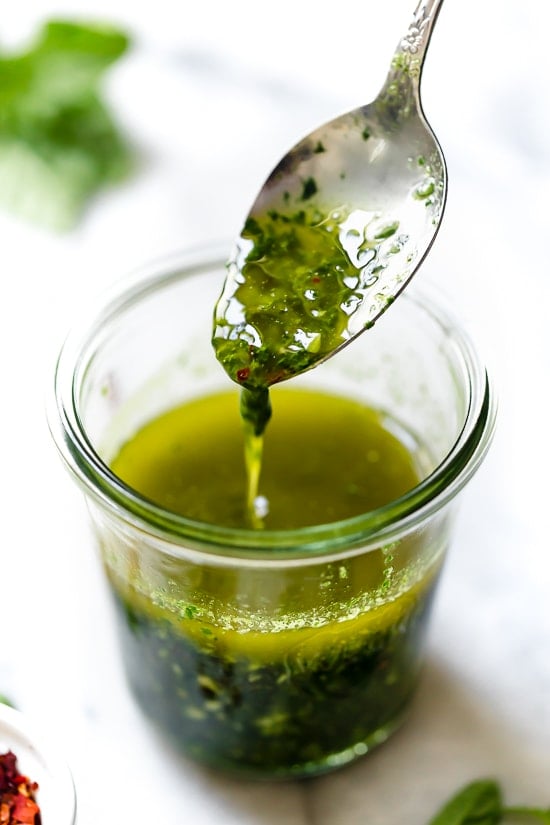
-
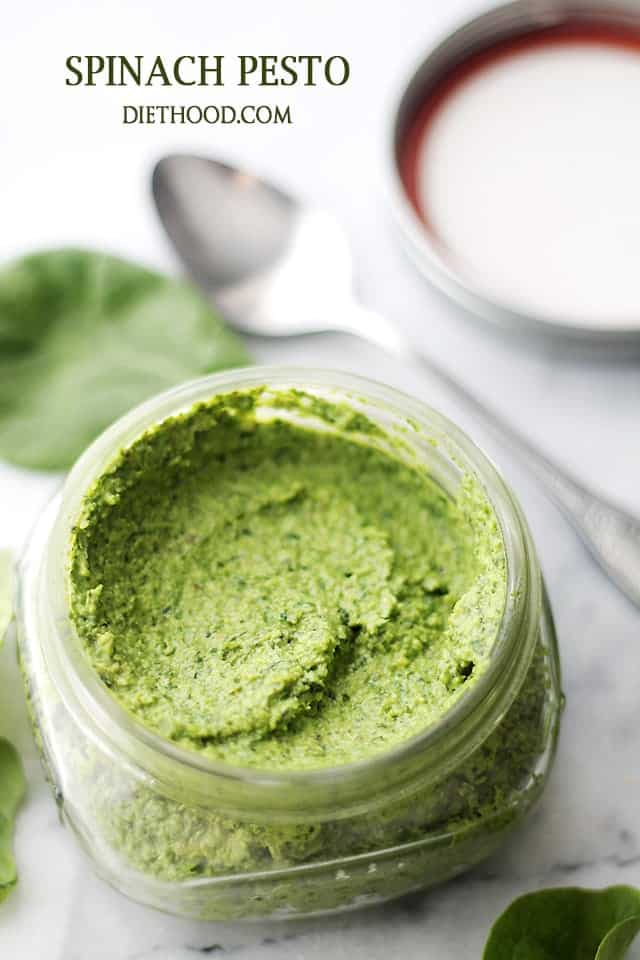
-

-

-

-
-
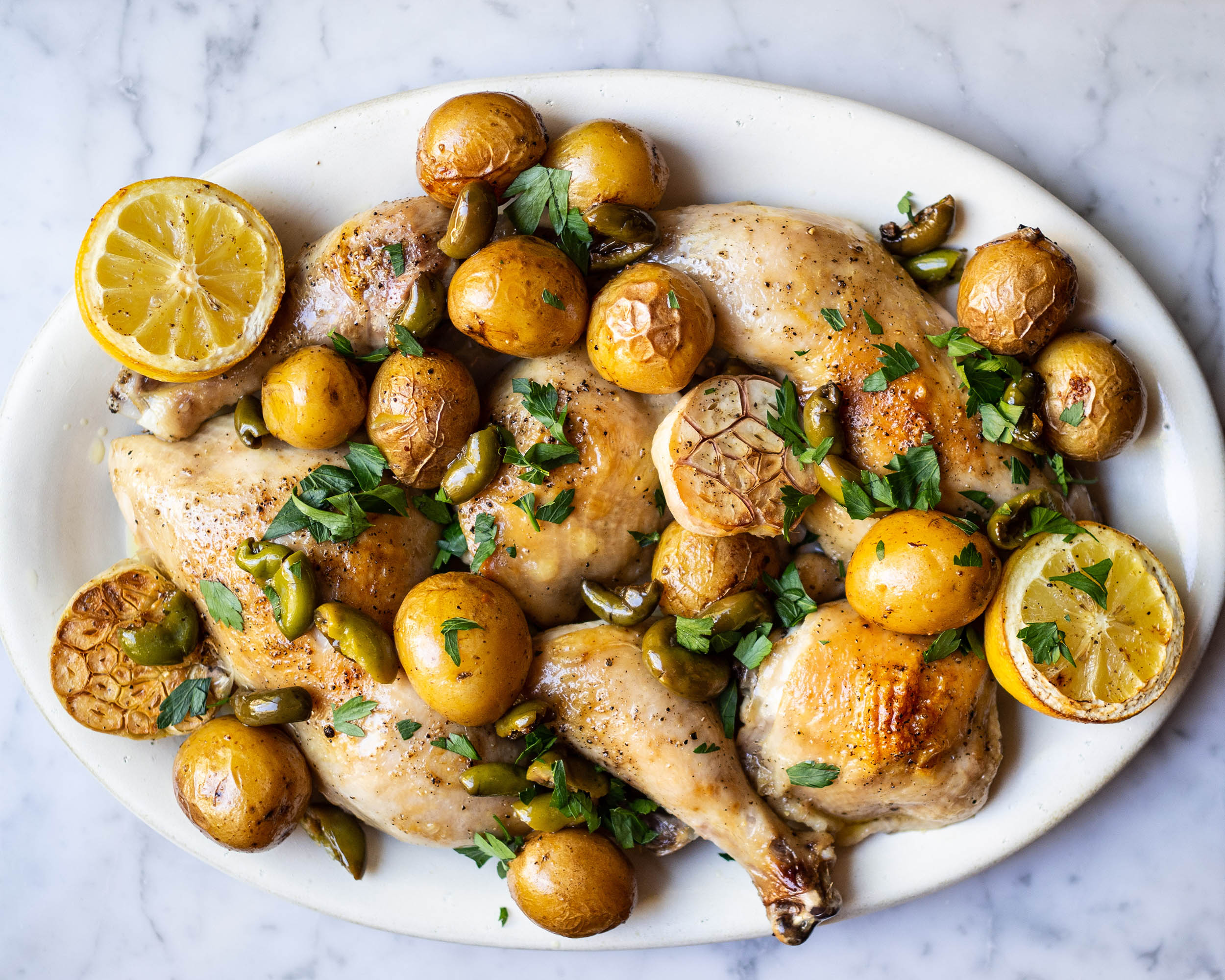
-
![Halloumi-stuffed Olive Oil Flatbread Recipe Image]()
-
![Oil-Poached Artichoke Heart Salad Recipe Image]()
-
![Hummus Image]()
-
![Summer Squash Sauté Image]()
-
![Sautéed Cabbage Image]()
-
![Moroccan Chickpea Salad Image]()
-
![Roasted Cauliflower Image]()
-
![Crispy Roasted Chickpeas Image]()
-
![Eggplant Orzo Bake Image]()
-
![Quick Tomato Fry Up Image]()
-
![Homemade Smash Burger Image]()
-
![Mushroom Meatloaf Image]()
-
![Breakfast Cups Image]()
-
![Honey Mustard Potato Salad Image]()
-
![Summer Italian Pasta Image]()
-
![Rosemary Roasted Beets Image]()
-
![Baja Chicken Wraps Image]()
-
![Creamed Spinach Breakfast Bowls Image]()
-
![Pork Tinga Tostadas Image]()
-
![Easy Black Bean Tortilla Soup Image]()
-
![Chicken Mexican Skillet Image]()
-
![The Polenta Pizza Image]()
-
![Southwestern Hash Browns Image]()
-
![Grilled Spatchcock Chicken Image]()
-
![Steak Tostada Bites Image]()
-
![White Bean Pasta Salad Image]()
-
![Spicy Romesco Sauce Image]()
-
![Pesto and Brie Grilled Cheese Image]()
-
![Baked Egg Casserole Image]()
-
![Mushroom, Beef, and Sausage Lasagna Image]()
-
![Baked Ricotta Image]()
-
![Shredded Chicken Hard Tacos Image]()
-
![Cuban Picadillo Image]()
-
![Quick Carne Asada Image]()
-
![Argentine Chimichurri Image]()
-
![Grilled Salsa Image]()
-
![Rosemary Garlic Farmers Cheese Image]()
-
![Ricotta Breakfast Sandwich Image]()
-
![Homemade Taquitos Image]()
-
![Crispy Rice Image]()


:max_bytes(150000):strip_icc()/__opt__aboutcom__coeus__resources__content_migration__serious_eats__seriouseats.com__recipes__images__2012__03__20120322-198190-olive-oil-herb-flatbread-e1dadd25365349b4835ee37c191063ca.jpg)
:max_bytes(150000):strip_icc()/__opt__aboutcom__coeus__resources__content_migration__simply_recipes__uploads__2010__05__oil-poached-artichoke-heart-salad-horiz-a-1800-58737f099c3f4fc2b75054e015144e7e.jpg)

